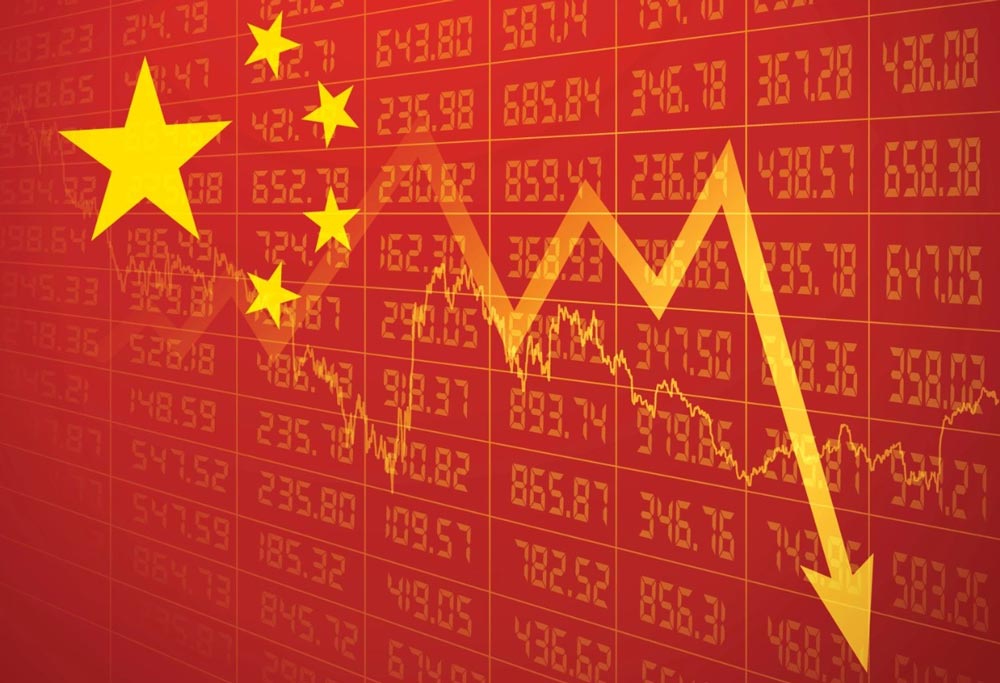On January 17, 2024, Asia-Pacific markets witnessed significant volatility as China’s fourth-quarter gross domestic product (GDP) growth fell short of expectations. This development, along with other factors, led to a decline in stock markets across the region. Let’s delve into the details of the market movements and the factors that contributed to the day’s fluctuations.
Hong Kong’s Hang Seng and Mainland China Stocks
Hong Kong’s Hang Seng index experienced a sharp decline of 3.68%, closing at 15,282.32, its lowest level since November 2022. The mainland Chinese CSI 300 index, which tracks the largest companies listed in Shanghai and Shenzhen, also tumbled to an almost five-year low, falling 2.18% to close at 3,229.08. This drop was primarily influenced by China’s fourth-quarter GDP growth missing estimates.
China’s Fourth-Quarter GDP Growth
China’s National Bureau of Statistics announced that the country’s economy grew by 5.2% in the October to December period of 2023. While this figure represents significant growth, it fell short of the 5.3% growth forecasted by economists polled by Reuters. Furthermore, China’s GDP for the entire year of 2023 stood at 5.2%. This underwhelming performance contributed to the negative sentiment in the markets.
Market Reactions in Other Asian Countries
South Korea’s Kospi index plunged 2.47% to its lowest level since November 14, while the small-cap Kosdaq dropped 2.25%. In Australia, the S&P/ASX 200 fell for the fourth consecutive day, declining by 0.29% to 7,393.1. Japan’s Nikkei 225 also extended its losses for a second straight day, slipping by 0.4% to 35,477.75. The broader Topix index fell 0.3%, closing at 2,496.38.
Implications for Investors
The market downturn in Asia was triggered by concerns over China’s economic growth and its potential impact on neighboring countries. Investors are closely monitoring the situation as China plays a significant role in the global economy. It is crucial to keep an eye on further developments and government policies that may influence market sentiment.
Other Factors Contributing to Market Volatility
Apart from China’s GDP miss, several other factors added to the volatility in Asia’s markets. Overnight in the U.S., all three major indexes experienced declines as bond yields ticked higher. The benchmark 10-year Treasury note yield rose more than 11 basis points to 4.064%. Additionally, concerns about weak external demand, particularly from China, were reflected in the monthly Reuters Tankan survey, which showed a decline in business sentiment at large Japanese manufacturers.











